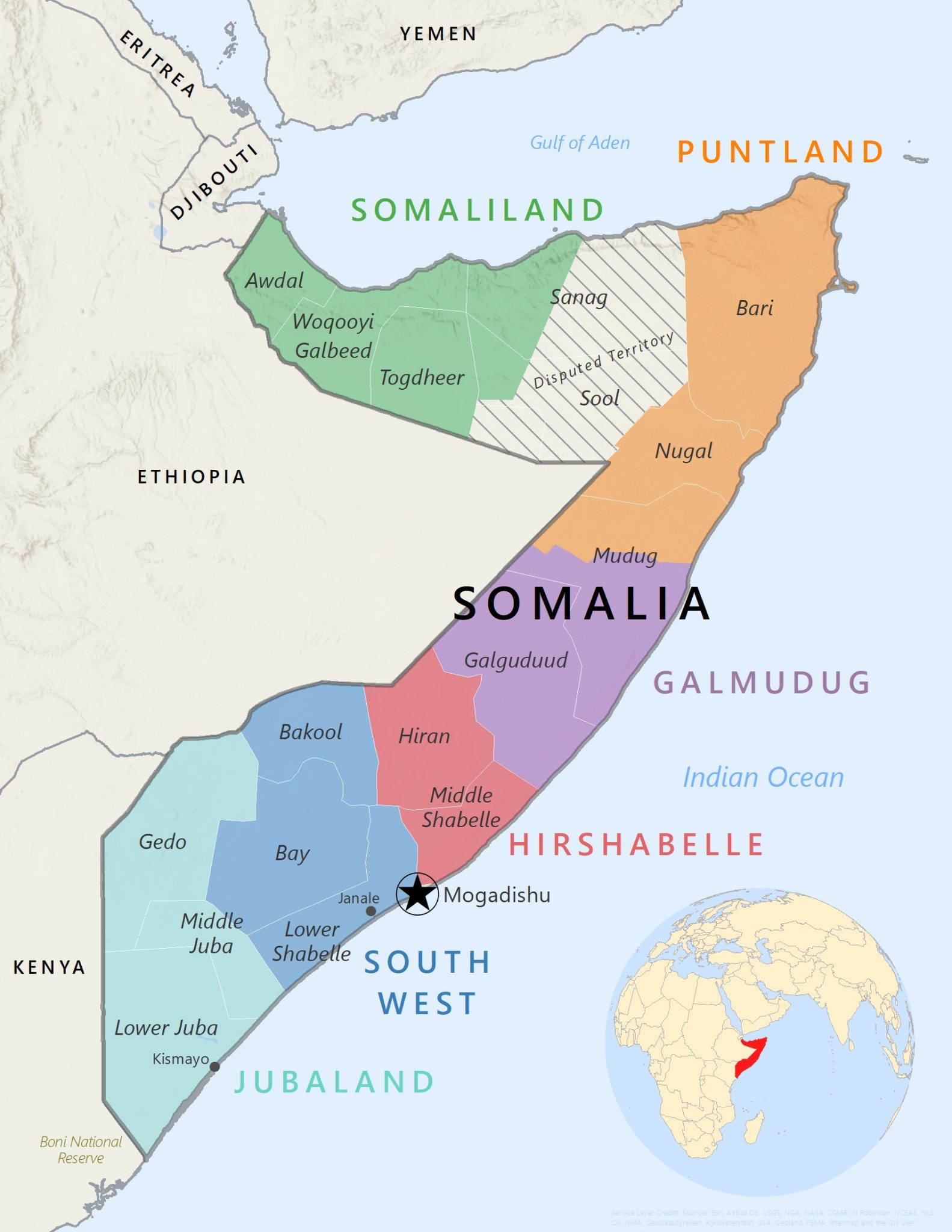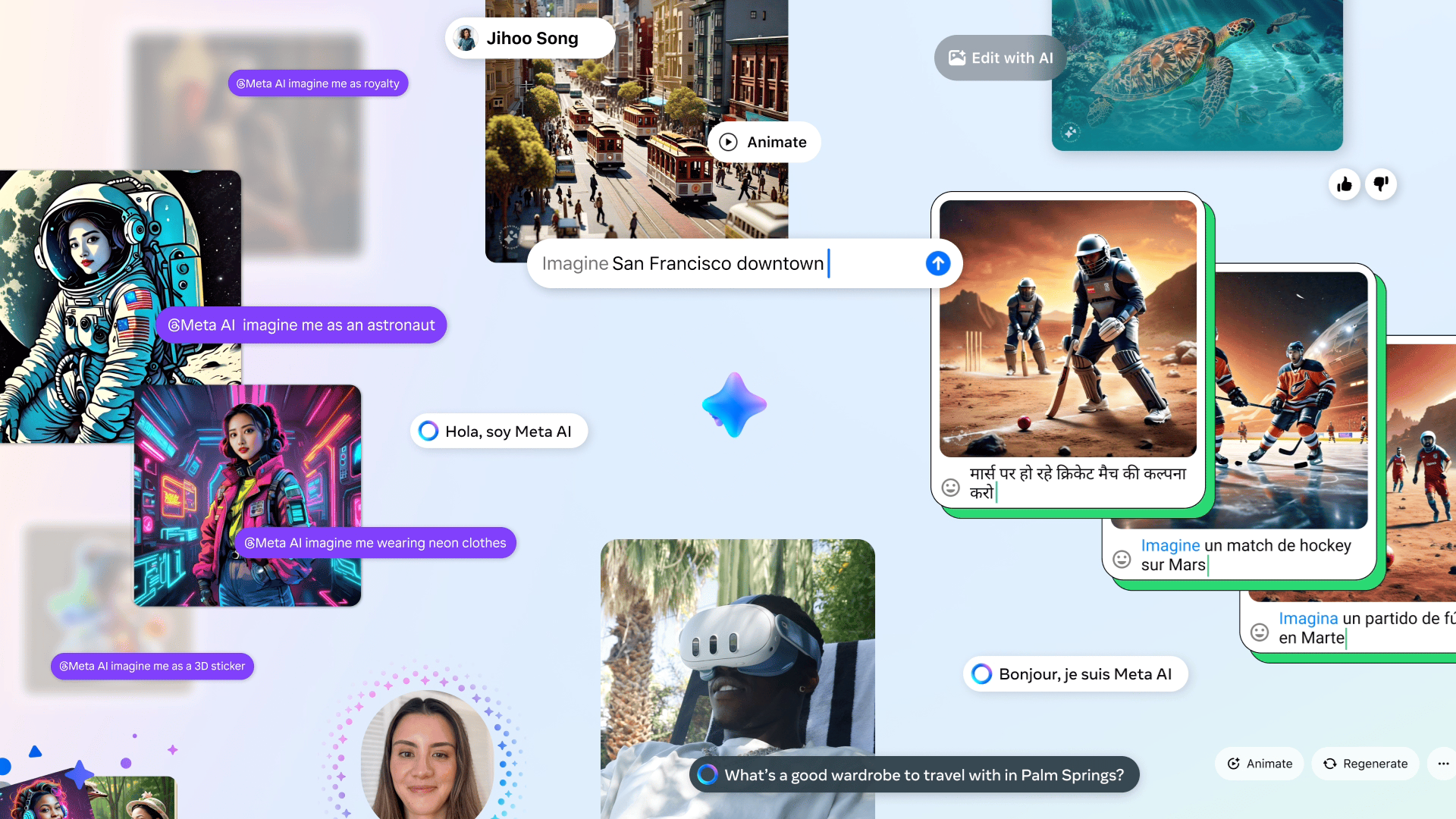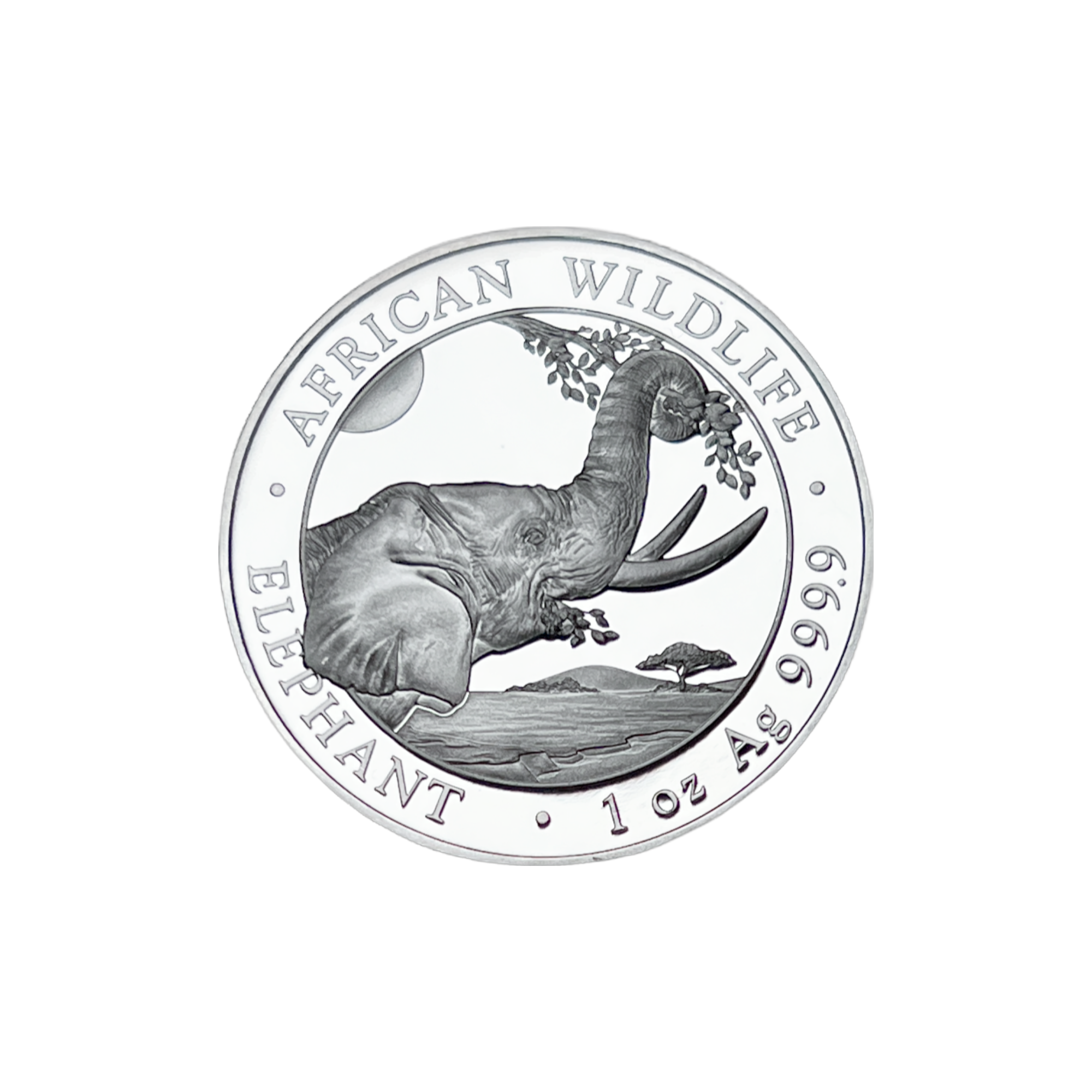People are often looking for specific things online, and it seems a good number of folks are curious about "wasmo somaliland telegram link 2025." This particular phrase points to a desire for certain kinds of digital material, likely shared through a popular messaging app, with a specific geographic connection and a look to the near future. It suggests a clear interest in finding content that resonates with a particular cultural background and a preferred way of sharing information among groups.
When someone types a phrase like that into a search bar, it tells us quite a bit about what they hope to discover. They're probably trying to find a direct pathway to videos or other media that might be connected to Somali culture, as the word "wasmo" often shows up in discussions about Somali entertainment and personal stories. It's almost like they're searching for a specific door into a digital space where this kind of content is available, perhaps through a community or a group that shares similar interests, you know?
The online world, very generally speaking, is a vast collection of shared experiences and bits of information. People often gather in digital spaces to share things that matter to them, whether it's funny clips, personal tales, or cultural expressions. This search term, in a way, highlights how individuals seek out very particular kinds of content, often looking for a direct route to what they want to see or hear, and it really shows how specific people's interests can get when they're looking around on the internet.
- Jamelizsmth Leaks
- Milena Rocha Onlyfans
- Aditi Mistry Nude Videocom
- Lia Engel Onlyfans
- Gloria Torres Onlyfans
Table of Contents
- What Kinds of Online Content Do People Seek?
- Exploring "Wasmo" Content and Its Cultural Connections
- How Does a "Telegram Link" Fit into Online Sharing?
- Why Look for a "Wasmo Somaliland" Connection?
- The Year "2025" - What Does it Suggest for Content Search?
- Are Online Searches Always About Specific Links?
- Understanding the Drive Behind Looking for "Wasmo Somaliland" Material
- What Makes Online Content Engaging for People?
What Kinds of Online Content Do People Seek?
People look for all sorts of things on the internet, don't they? It's really quite amazing. Some are after news, others want to learn a new skill, and many are simply looking for a bit of fun or a way to connect with others who share their interests. When we see a search query like "wasmo somaliland telegram link 2025," it gives us a glimpse into a very specific kind of content desire. It suggests a wish for entertainment, perhaps material that feels familiar or reflects a particular cultural viewpoint. For example, some folks might be looking for compilations of Somali videos, which could include things like niiko, or performances by people like Najmo Abdi and Faiza Alifatuush, as my text suggests. These sorts of videos often bring joy and a sense of connection to a shared cultural background, too it's almost.
The desire for content often comes from a place of wanting to feel part of something bigger, or just to enjoy something that speaks to you personally. It's not just about finding a video; it's about finding a piece of culture, a story, or a performance that resonates. The text I have mentions "Wasmo Somali channel" as being more than just entertainment; it's a mirror of Somali culture, its ways of doing things, and its deeply held beliefs. The people involved in creating this content, the cast, really bring these elements to life, which is that, quite important for those who watch.
So, when someone is looking for a specific kind of content, they're often looking for something that offers a sense of belonging or a reflection of their own experiences. It's about finding media that makes you feel seen, or that simply brings a smile to your face. This can be anything from lively dance performances to personal stories that share a piece of someone's life, like a true story where names were changed, but the feelings and impact remained, which is something my text touches upon. People just want to connect with what they're watching or reading, you know?
Exploring "Wasmo" Content and Its Cultural Connections
The term "wasmo" itself, when we look at it from a linguistic point of view, has its own meaning, usage, and history, as platforms like Wiktionary might explain. In the context of online searches and content, it often points to a specific type of Somali media. My text mentions things like "wasmo galmo gabar somali la wasayo," which suggests content that is quite direct and, for some, very much about personal expression or perhaps even adult themes. This kind of material, while perhaps not for everyone, certainly has an audience that seeks it out, and that's a part of the vastness of online interests.
When we talk about "wasmo somali" videos, we're often talking about content that includes various forms of entertainment. Niiko, for instance, is a type of dance that's quite popular and often appears in these compilations. It's a way for people to express themselves and share their energy. The mention of specific individuals like Niiko (@niikoshow) on platforms like TikTok, with hashtags like #somali, #somalitiktok, #somaligirls, and #siigo, shows how these cultural expressions find their way onto mainstream social media platforms, reaching a wider audience, which is very interesting.
It's important to remember that content like this, while sometimes viewed as just entertainment, can also carry deeper cultural significance for its viewers. As my text puts it, a "Wasmo Somali channel" is a reflection of Somali culture, its traditions, and the values that are important to its people. So, when someone searches for "wasmo somaliland telegram link 2025," they might not just be looking for a video; they could be looking for a connection to their heritage, a shared experience, or a way to engage with cultural elements that they appreciate. It's a bit more nuanced than just a simple search, really.
How Does a "Telegram Link" Fit into Online Sharing?
Telegram, as a messaging app, has become a pretty common place for people to share all sorts of things, hasn't it? It's known for its group chat features and the ability to send large files, which makes it a rather convenient spot for sharing videos, pictures, and other digital goodies. So, when someone looks for a "telegram link," they're usually hoping to find a direct way into one of these groups or channels where specific content is being shared. It's a way of bypassing the usual public search engines and going straight to a community that has what they're looking for, or so it seems.
The idea of a "link" in this context is really about direct access. Instead of browsing through many different websites, a link offers a straightforward path. It's like being given a key to a private room where specific conversations or media exchanges are happening. This is why people often search for "telegram link" when they have a very particular type of content in mind, like "wasmo somaliland" material. They're looking for a shortcut, a way to quickly get to the heart of the matter, and that's often how these platforms are used, anyway.
The appeal of using platforms like Telegram for sharing also comes from a sense of community and, perhaps, a bit more privacy than open social media sites. Groups can be closed or private, meaning only those with the link can join. This can create a feeling of exclusivity and a safer space for sharing content that might be sensitive or simply niche. For someone looking for "wasmo somaliland" content, a Telegram link might represent a direct connection to a group of like-minded individuals who are sharing and discussing that specific kind of material, which is, you know, a common way people find their communities online.
Why Look for a "Wasmo Somaliland" Connection?
The addition of "Somaliland" to the search term "wasmo" suggests a very specific geographic or cultural connection, doesn't it? It implies that the person searching is not just looking for general Somali content, but something that might be particularly relevant to or produced within the Somaliland region. This kind of specificity often comes from a desire for content that feels more authentic, more local, or simply more aligned with one's own identity or background. It's a way of narrowing down the vast ocean of online material to find something truly particular, so.
People often feel a strong connection to content that comes from their own region or community. It can be a source of pride, a way to stay connected to home, or simply to enjoy expressions that are unique to that area. When my text talks about "Wasmo Somali channel" reflecting Somali culture, traditions, and values, it's easy to see how a "Somaliland" specific search would extend that idea. It's about finding content that doesn't just entertain, but also speaks to a specific cultural nuance or regional style that might not be found elsewhere, which is quite common for people seeking out very specific cultural expressions.
This localized search also points to the diversity within broader cultural categories. Just as there are different dialects or customs within a larger culture, there can be distinct styles or themes in online content that are specific to a certain region. So, looking for "wasmo somaliland" material might be an attempt to find content that has a particular flavor or a connection to artists and creators from that specific area. It's a bit like looking for local music rather than just general music; it's a more refined search for something that feels truly close to home, in a way.
The Year "2025" - What Does it Suggest for Content Search?
Adding a specific year like "2025" to a search query, especially one that's still in the future, is quite interesting, isn't it? It suggests a forward-looking interest, perhaps a hope for new content to emerge, or an expectation that certain types of material will continue to be produced and shared. It's not just about what exists now, but what might be coming next. This kind of search shows a sustained interest in the topic, and a belief that the content stream will continue well into the future, which is pretty common for popular online trends, you know?
A future date in a search term can also imply a search for upcoming events, releases, or even predictions about what might be popular. For "wasmo somaliland telegram link 2025," it might mean someone is hoping to find a link that will become active in that year, or that they expect new compilations or channels to appear then. It shows a certain level of anticipation and a desire to be ahead of the curve, or at least to be ready when new content surfaces. It’s like waiting for the next season of a favorite show, but for online videos, basically.
This future-oriented search also highlights the dynamic nature of online content. Things are always changing, new videos are uploaded, and new channels are created. By including "2025," the person searching is acknowledging this constant flow and expressing a desire to stay current or even get a head start on what's next. It's a way of saying, "I'm interested in this now, and I expect to be interested in it then, too," which is a fairly typical way people approach ongoing online interests, you know?
Are Online Searches Always About Specific Links?
While a search for a "telegram link" certainly points to a desire for a direct connection, not all online searches are about finding one specific link. Often, people are just trying to get information, find a community, or discover new content related to a topic they enjoy. The phrase "wasmo somaliland telegram link 2025" is quite precise, but the underlying motivation might be broader than just that exact link. It could be a way of asking, "Where can I find 'wasmo somaliland' content, especially the new stuff, and is Telegram a good place for it?" so it's a bit of an open question, really.
Sometimes, a very specific search term is just a starting point. People might type in exactly what they think they want, but they're open to finding other related things too. For instance, if someone is looking for "wasmo galmo gabar somali la wasayo," as my text mentions, they might be happy with a video on YouTube, or a discussion forum, or even a different kind of compilation, not just a Telegram link. The specific phrasing is a guide, but the actual outcome might be more varied than the initial search term suggests, which is pretty common with online exploration.
The internet is full of places where content is shared. While Telegram is a popular choice for some, there are many other platforms where people can find and share videos and cultural expressions. TikTok, for example, is mentioned in my text as a place where "niiko" content is shared, using hashtags that help people find it. So, even if the search is for a "telegram link," the person might ultimately discover content through other avenues, because the goal is the content itself, not necessarily the platform, in a way.
Understanding the Drive Behind Looking for "Wasmo Somaliland" Material
The drive to find "wasmo somaliland" material likely comes from a mix of desires. There's the entertainment aspect, of course, as people generally enjoy watching videos that are engaging or amusing. But beyond that, there's often a deeper cultural pull. My text highlights that "Wasmo Somali channel is more than just entertainment; it’s a reflection of Somali culture, traditions, and values." This suggests that for many, this content is a way to connect with their heritage, to see their culture represented, and to feel a sense of belonging, which is very powerful.
People look for content that speaks to them on a personal level. If someone has a connection to Somaliland, or to Somali culture generally, finding content that reflects that can be incredibly meaningful. It’s about seeing familiar faces, hearing familiar sounds, and experiencing stories or performances that resonate with their own background. This kind of cultural connection is a significant motivator for many online searches, especially when the content is as specific as "wasmo somaliland" material, you know?
Moreover, the act of searching for and consuming this content can be a way to stay updated on what's popular or relevant within a particular community. It's a way of participating in a shared cultural conversation, even if that conversation happens primarily through videos and online groups. The people who create this content, the "cast," play a really important role in bringing these cultural elements to life, making them accessible and enjoyable for those who seek them out. It’s a bit like keeping up with local artists or performers, but in the digital space, basically.
What Makes Online Content Engaging for People?
What makes online content truly engaging for people often comes down to how it connects with them, doesn't it? It's not just about the technical quality of a video, but about the feelings it evokes, the stories it tells, or the cultural resonance it carries. My text mentions "enjoy the best compilation of somali wasmo videos featuring niiko, najmo abdi, faiza alifatuush, and more," which points to the appeal of seeing familiar performers and engaging with a style of entertainment that is well-liked. This personal connection is often key to engagement, too it's almost.
Content that feels authentic and relatable tends to draw people in. When someone watches a video or reads a story that feels genuine, like the "sheekadaan waa sheeko run ah" (this is a true story) mentioned in my text, even if names are changed, it creates a stronger bond. This sense of realness, of experiencing something that feels true to life or true to a culture, can make content incredibly captivating. It's about more than just passive viewing; it's about feeling a connection to the human experience being shared, which is very important for many viewers.
Finally, content that offers a unique perspective or a specific cultural flavor can be highly engaging. The idea of a "Wasmo Somali channel" reflecting culture, traditions, and values means that the content isn't just generic entertainment; it has a deeper layer of meaning for its audience. This cultural richness, combined with the personal touch of performers and storytellers, is what often makes people come back for more, and what drives them to search for specific links and new material, because it's something they genuinely care about, you know?
Related Resources:



Detail Author:
- Name : Prof. Sid Beier MD
- Username : kovacek.rasheed
- Email : julianne.toy@ledner.info
- Birthdate : 1994-12-30
- Address : 410 Beer Unions Jackytown, AL 12941-4940
- Phone : 715.467.4859
- Company : Kling PLC
- Job : Streetcar Operator
- Bio : Non quod deleniti asperiores ut aut sit numquam odio. Incidunt aut sed aut pariatur. Voluptates reiciendis nihil delectus ex aliquid.
Socials
instagram:
- url : https://instagram.com/sister.zboncak
- username : sister.zboncak
- bio : Assumenda autem dolor cupiditate. Ad et non harum ab possimus vel quidem.
- followers : 3976
- following : 1793
facebook:
- url : https://facebook.com/szboncak
- username : szboncak
- bio : Accusamus sunt quia consequatur enim.
- followers : 3592
- following : 1893
linkedin:
- url : https://linkedin.com/in/sister_zboncak
- username : sister_zboncak
- bio : Exercitationem aut ut voluptatem.
- followers : 5428
- following : 1288